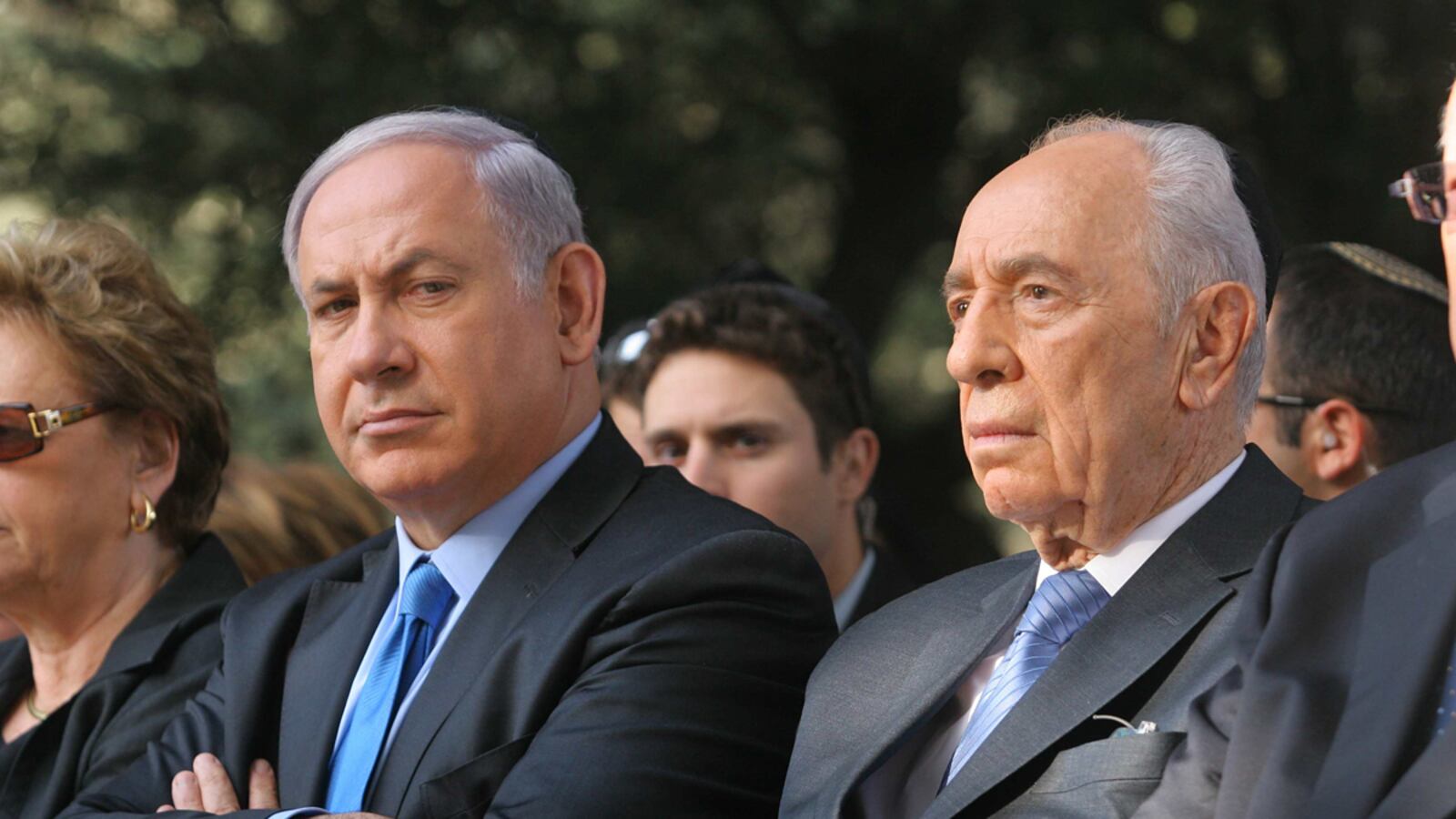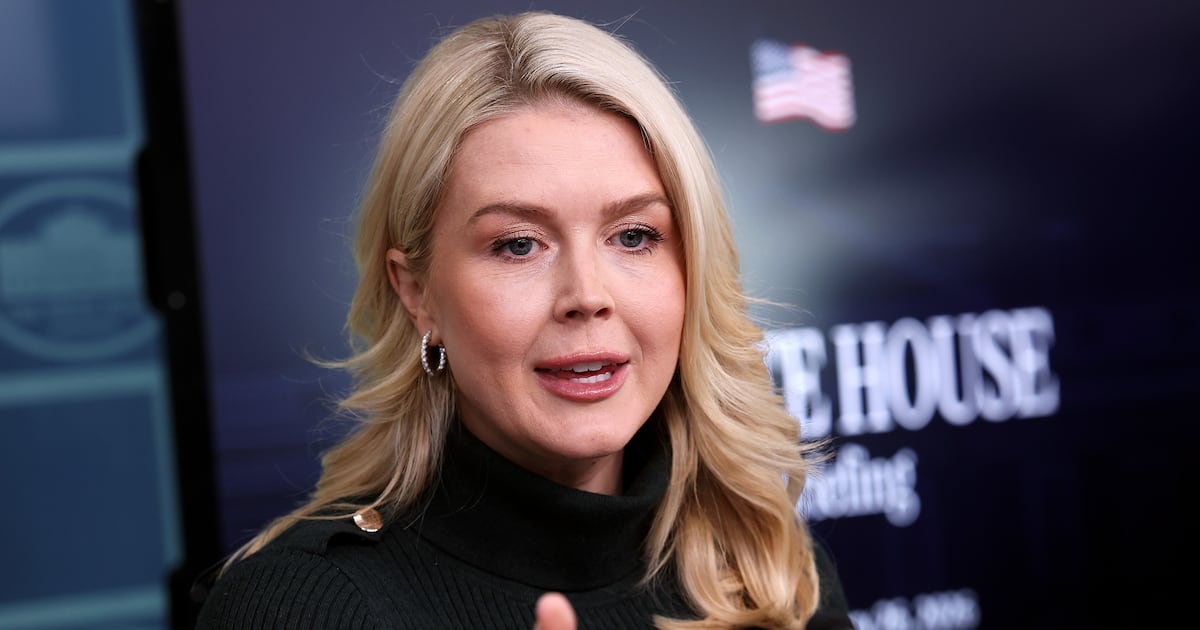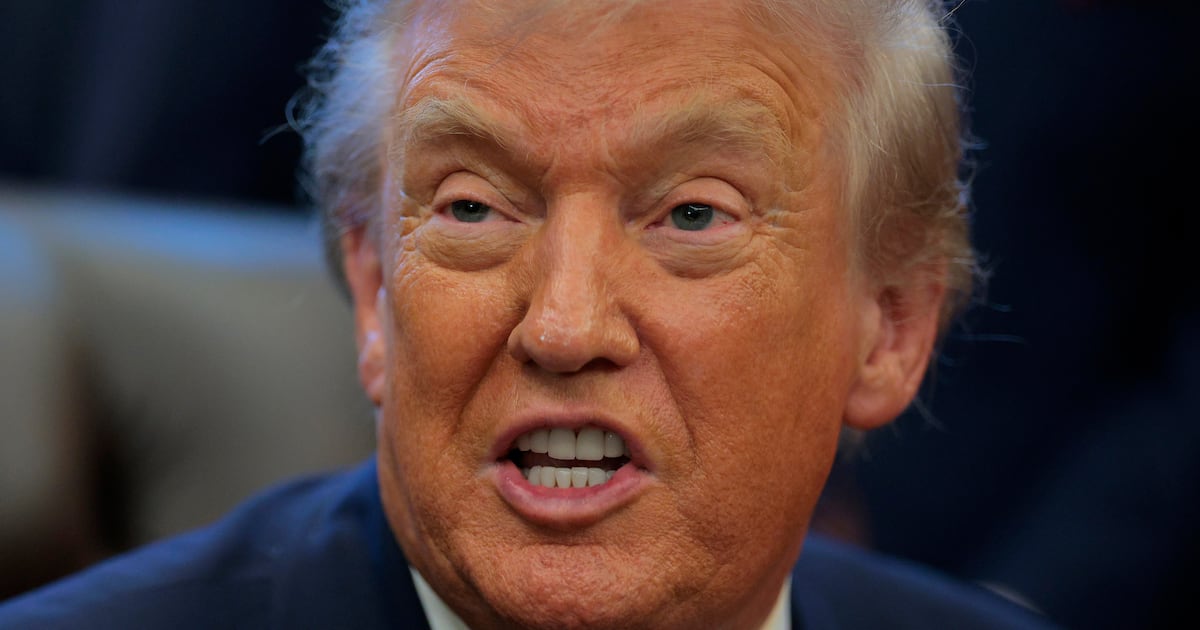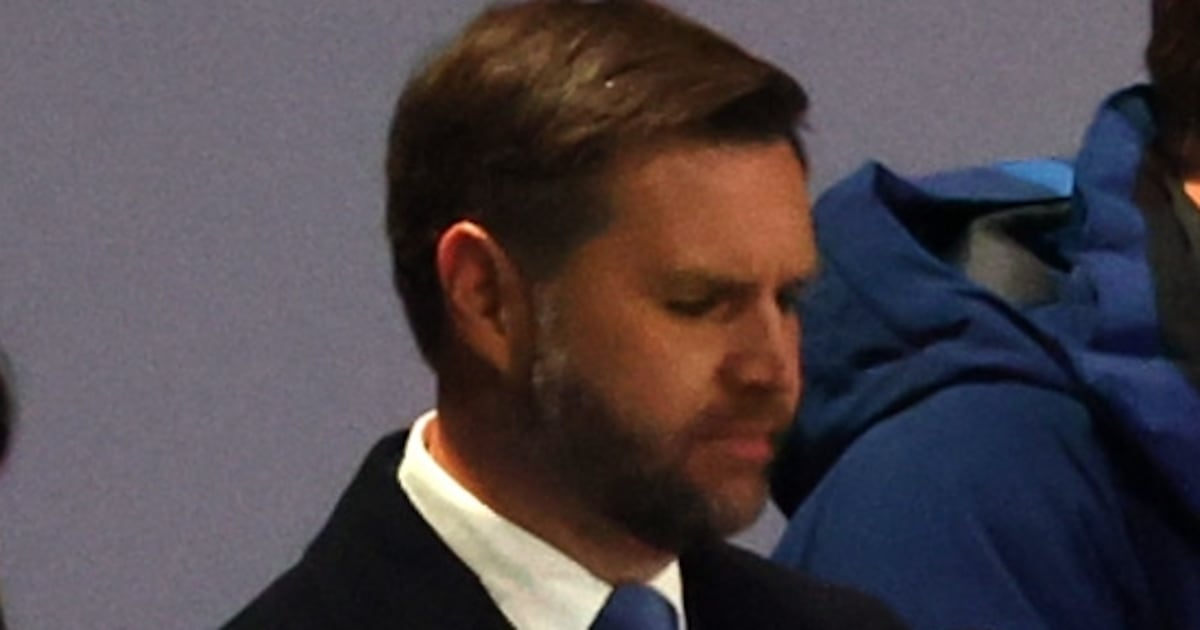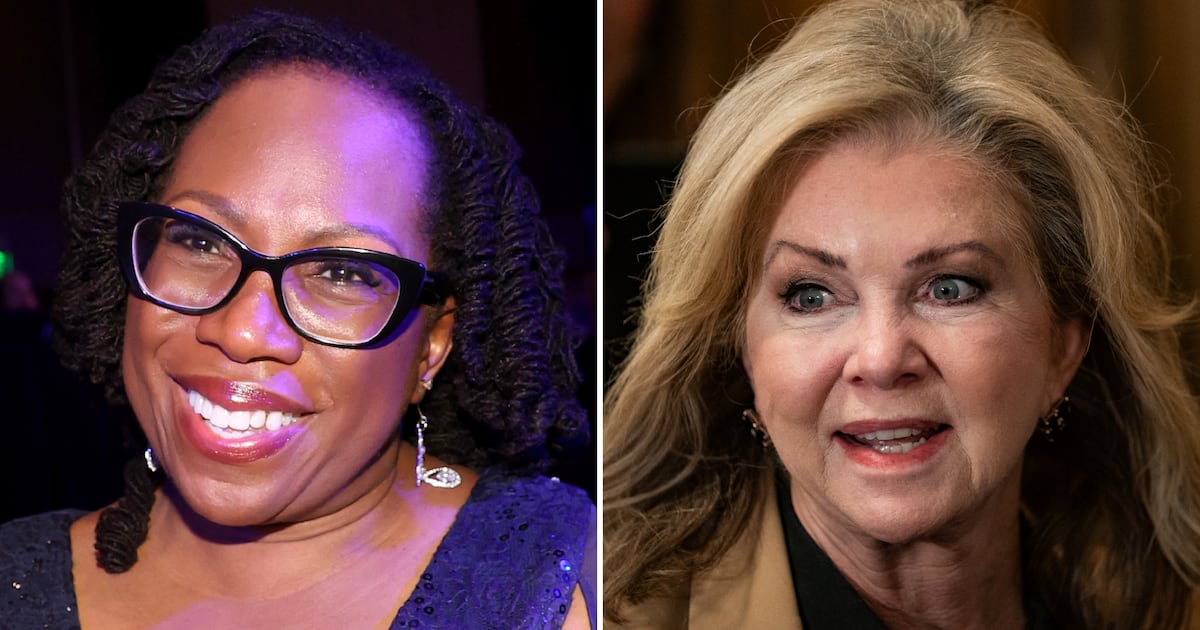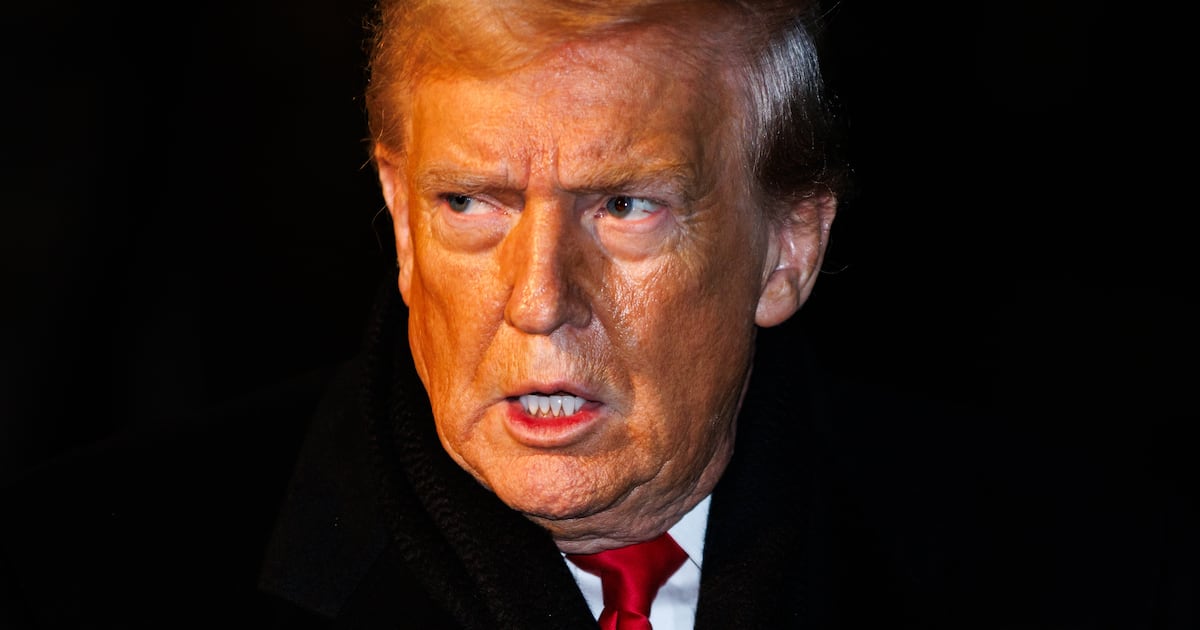Just before 2012 ended, Israeli President Shimon Peres took a couple of very public positions that seem to be diametrically opposed to the preferences of the Benjamin Netanyahu government. First, Peres reiterated his support for a two-state solution and said Mahmoud Abbas was one of the few Arab leaders Israel could make peace with. The next day he was even bolder, calling for Israel to talk directly to Hamas (if it met certain conditions). Neither of these are new ideas. But because the Presidency is supposed to be a ceremonial position only, representative of all Israelis, and with no role in governance, it’s curious why Peres would now speak so forcefully against Netanyahu.
The office of the President is, in reality, something of a soapbox. Typically those who become president are individuals who carry influence and gravitas because of their years of service to the state. That means that when they speak out, their words can shape the policy ideas being debated. Even more, the international community takes notice and often presumes the President either speaks for Israel or represents a significant element of the political class.

Previous Presidents have expressed also subtly attacked their government. Ezer Weizman was President from 1993 to 2000, and was perhaps even more audacious than Peres. In 1996, he invited PA head Yasser Arafat to his own home for talks. In 1997, he called for Israel to withdraw from the Golan Heights (annexed by Israeli law) in exchange for a peace treaty with Syria. In 1999, he shook hands with the leader of the Democratic Front for the Liberation of Palestine, Nayef Hawatmeh, considered a terrorist by the Israeli government. All of these took place during Netanyahu’s first term as Prime Minister.
This is why Likud-Beiteinu reacted so harshly to Peres’s statements (though Netanyahu was more measured in his response). That the leaders of the centrist parties (Tzipi Livni, Shelly Yachimovich, and Yair Lapid) defended Peres only strengthened the international community’s perception, and made his position seem far more reasonable than the government’s.
Peres probably couldn’t help himself, and speaking out on the issue fits with his own personality and experience. He has a long history—during both his hawkish and his dovish years—of taking bold action on his own schedule, without regard for what others think is appropriate or necessary.
Peres is the father of Israel’s nuclear program, and he played a critical—even visionary—role in the development of Israel’s domestic defense industry. He was an early benefactor of the settlement enterprise in the wake of the 1967 War, protecting them in the early 1970s against the uncertainty of Yitzhak Rabin.
But since he became a dove and began advocating the land-for-peace formula, Peres has not been shy about pushing forward with new or old ideas even in the face of counter-pressure from his adversaries and allies. Although he had Prime Minister Yitzhak Shamir’s permission to meet with Jordan’s King Hussein in 1987, Foreign Minister Peres negotiated a complete agreement with the king without informing Shamir of any of the details until he presented the treaty in full (which Shamir promptly rejected). He encouraged the Oslo channel in 1993, and continued to promote an increasingly unpopular dovish position on settlements and talks with the Palestinians throughout the 1990s and 2000s.
As for the timing, Peres has been hinting at this kind of criticism of Netanyahu for some time. He probably also felt things were coming to a critical head: the results of the Likud primaries, the rise of Jewish Home, and increased settlement activity all threatened what he believes to be the well-being and security of Israel. He probably also felt he might be able to exercise some influence on voting in the coming election, by warning of the dangers posed by an extremist rightwing government.
While his statements won’t directly change government policy, they can make things unpleasant for Netanyahu, forcing him to be more circumspect in his own rhetoric. It might even encourage Netanyahu to restraint his party’s more extremist ideas.
I wouldn’t expect Peres to end his criticisms, even after the election. It’s just not his style; but staking out public positions, however controversial, is.

